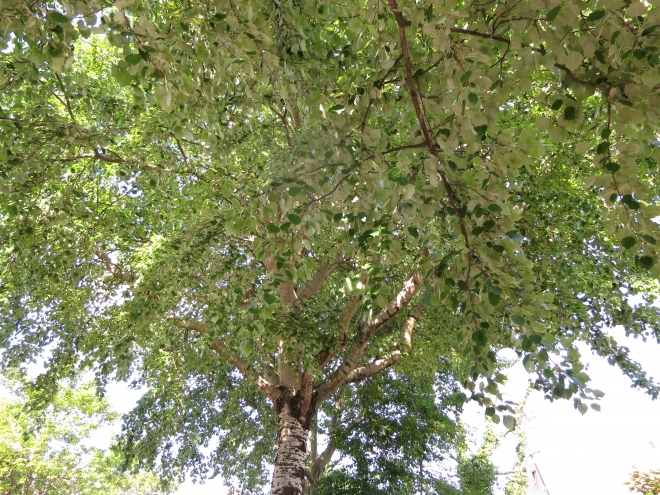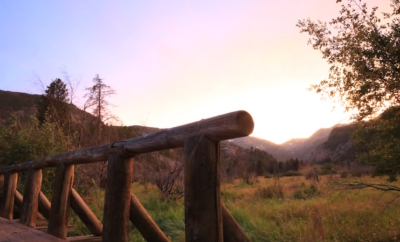
Mindfulness
Observing Rather Than Judging
If you are interested in meditating, mindfulness, being present, whatever you want to call it, a key idea to keep in mind is observing rather than judging the thoughts and emotions that arise spontaneously or as a consequence of the various inputs from your environment.
If you want to know how to do it your best teacher is a baby. Just watch her staring down everyone and everything, with absolutely no shame or preconceived notions, simply soaking up everything like a curious little detective who wants to know more but can’t even fathom putting a value judgment on what she is learning since she has nothing to compare it to. I guess you could say that babies are the masters of mindfulness since they’re pretty much always present and don’t have a frame of reference for thinking about the past or the future yet.
I think of observing thoughts and emotions to be more like a platonic ideal towards which we strive than something that’s achievable 24/7; we’re fighting an uphill battle as adults because every single stimuli from our environment now has countless associations with all that we have learned up to this point, and really we wouldn’t want these associations to disappear because they help us navigate a complicated world and often represent a lot of hard work and struggle on our part.
But with mindfulness you’re not trying to change your thoughts or emotions, you’re just accepting them exactly how they are without placing a value judgment on them. Say it starts raining outside. Most people think, “It’s raining, that really sucks.” The mindful practitioner thinks “It’s raining” and stops there. By accepting the situation as it is your world expands a little bit because your attitude remains open, letting you suck the nectar out of life all the time instead of just when the situation meets your approval.




